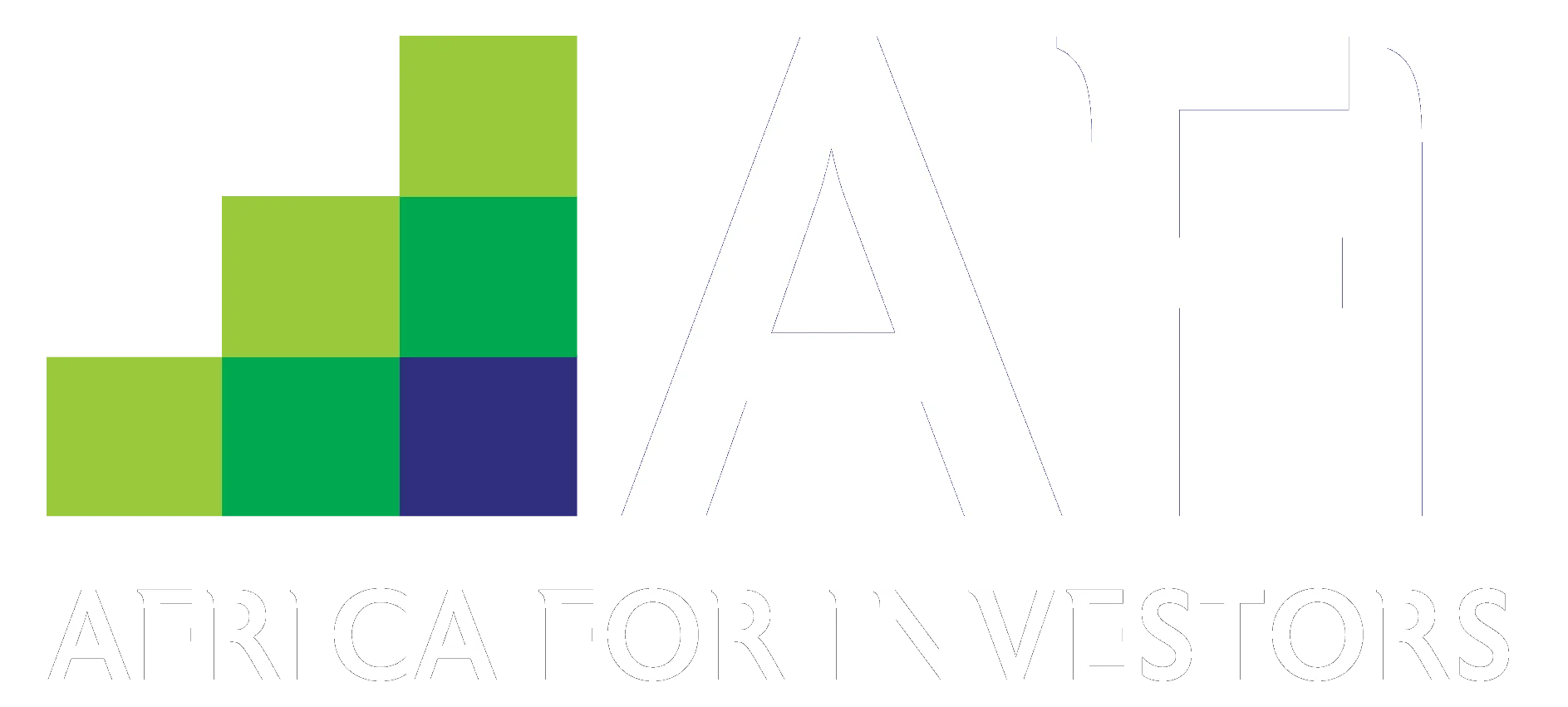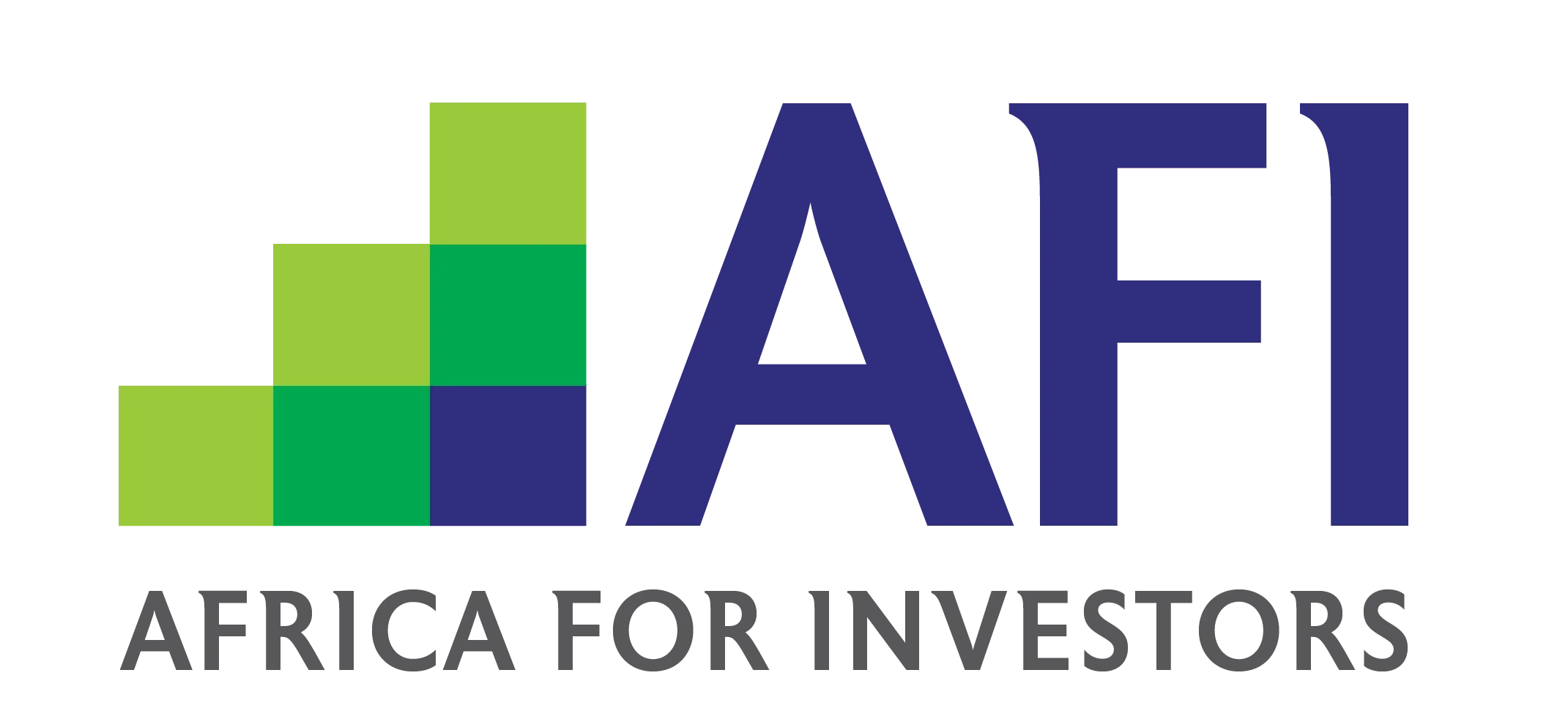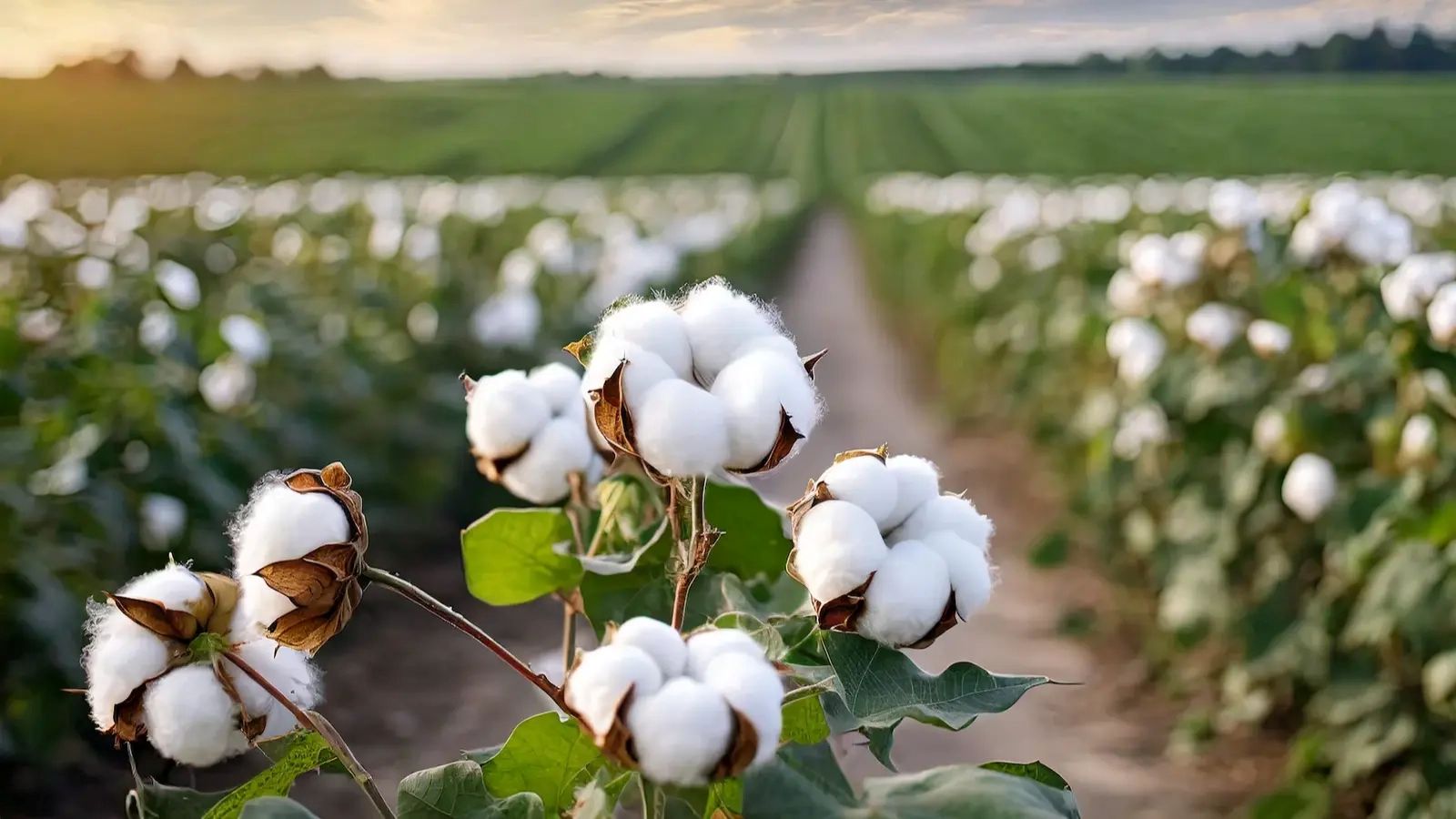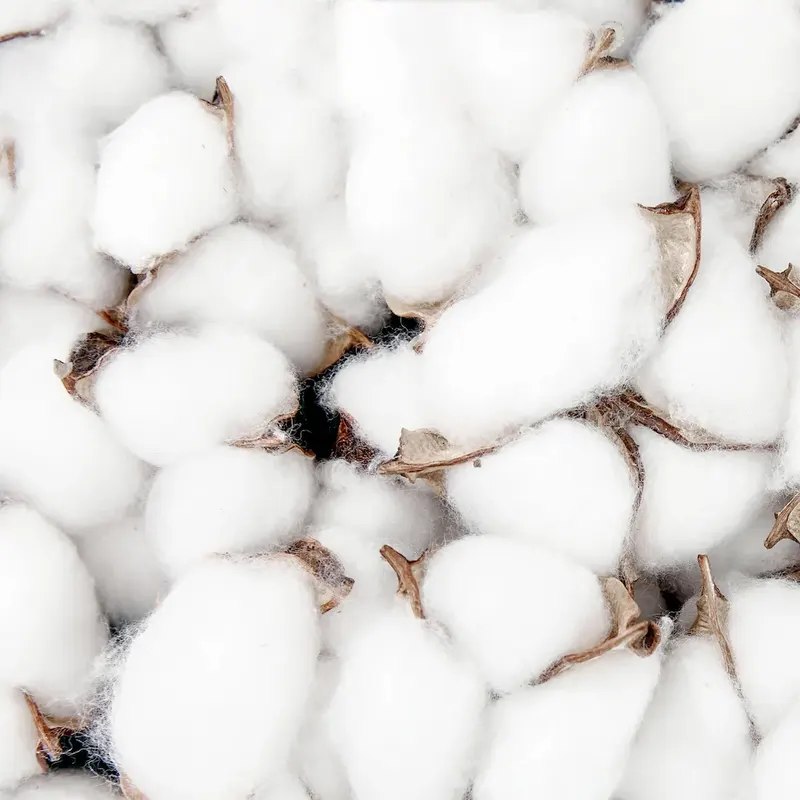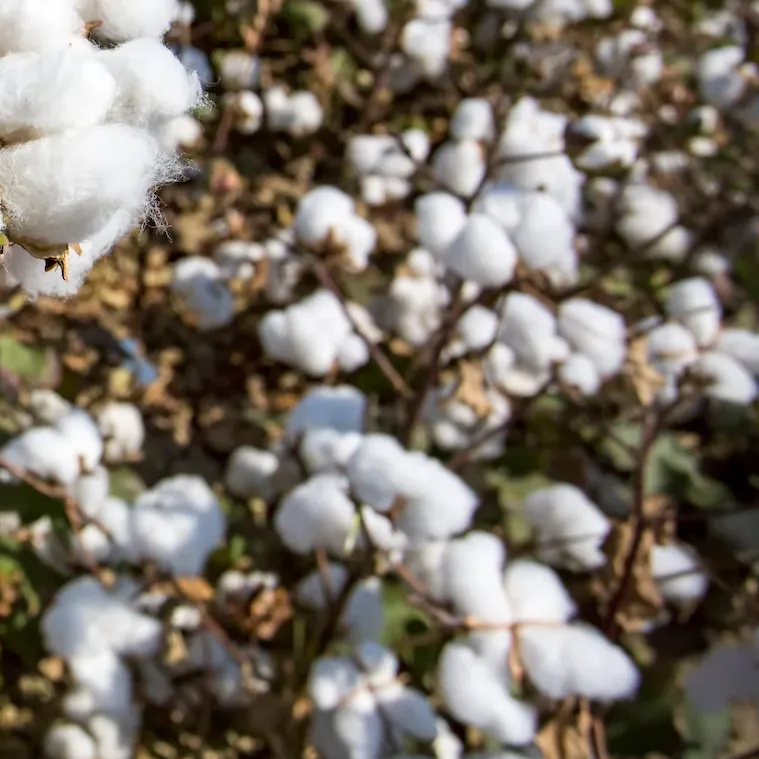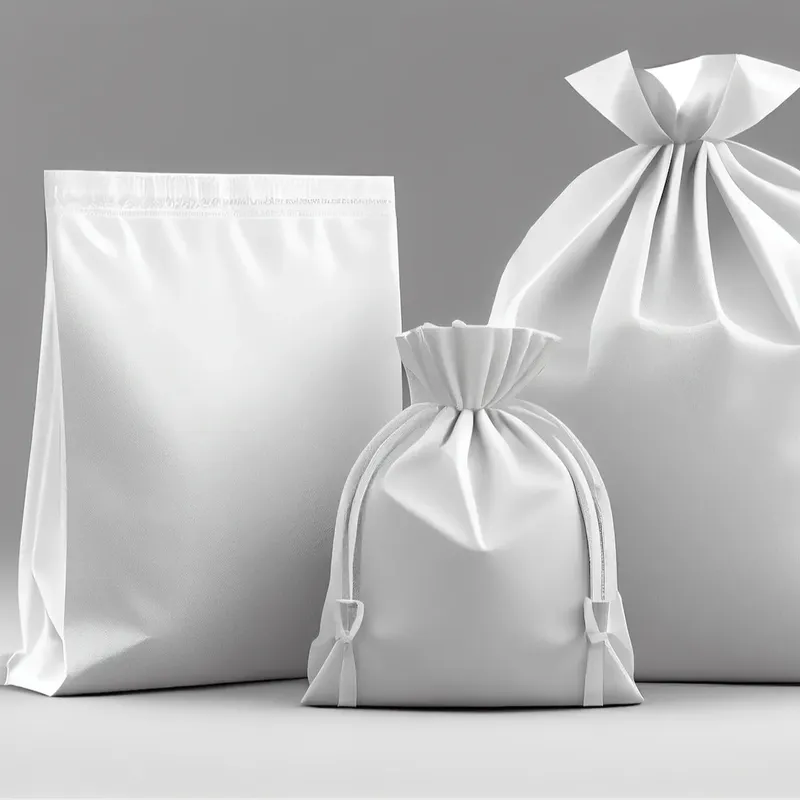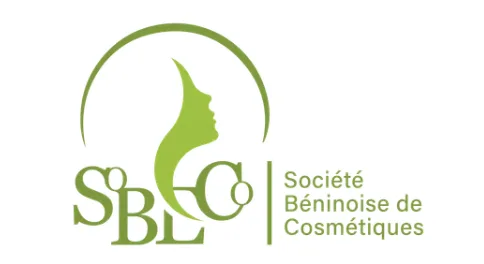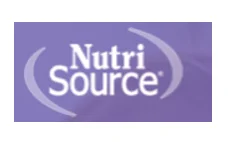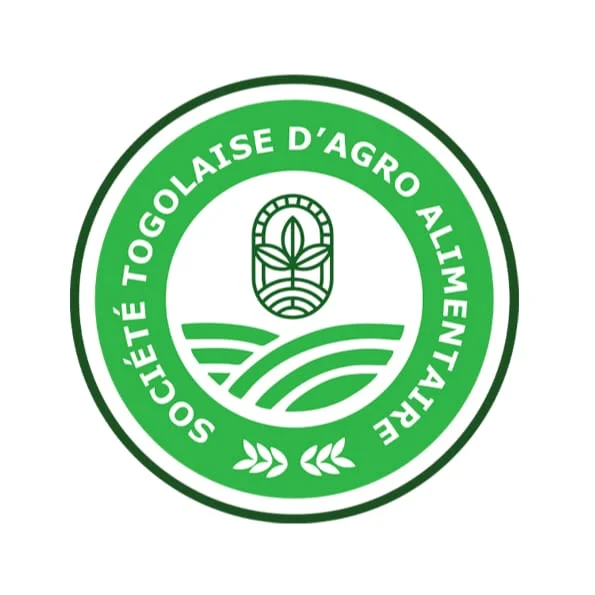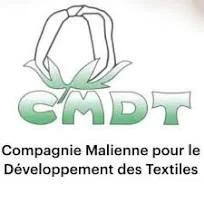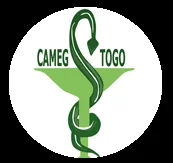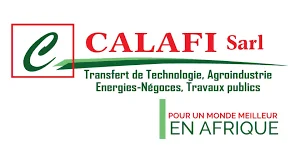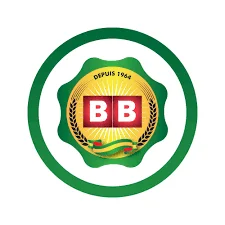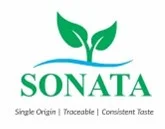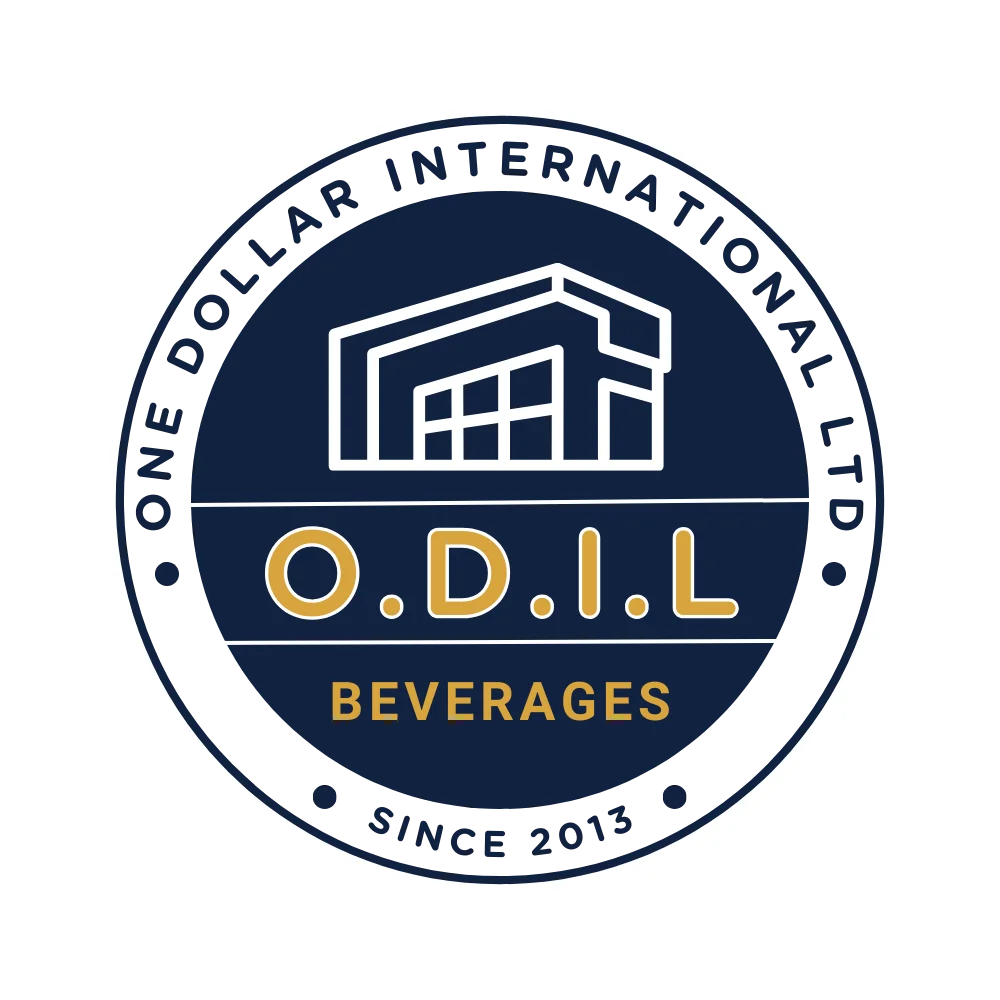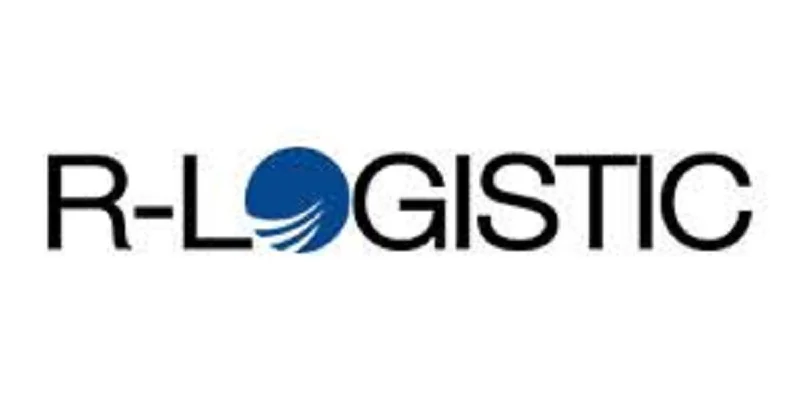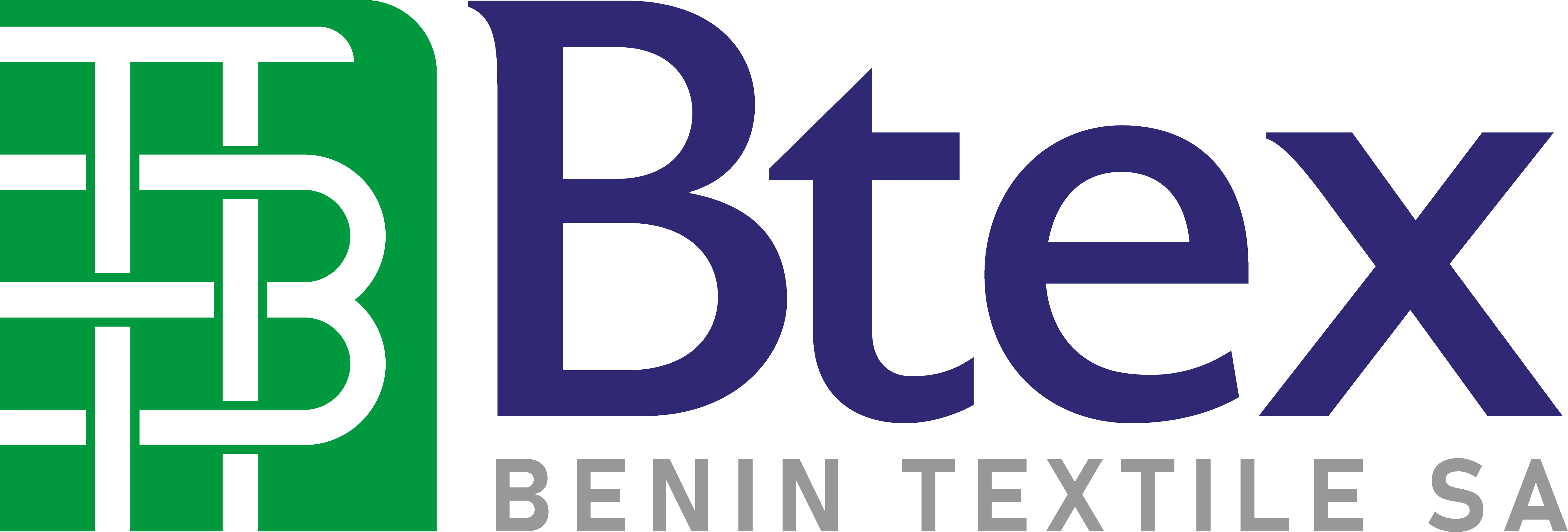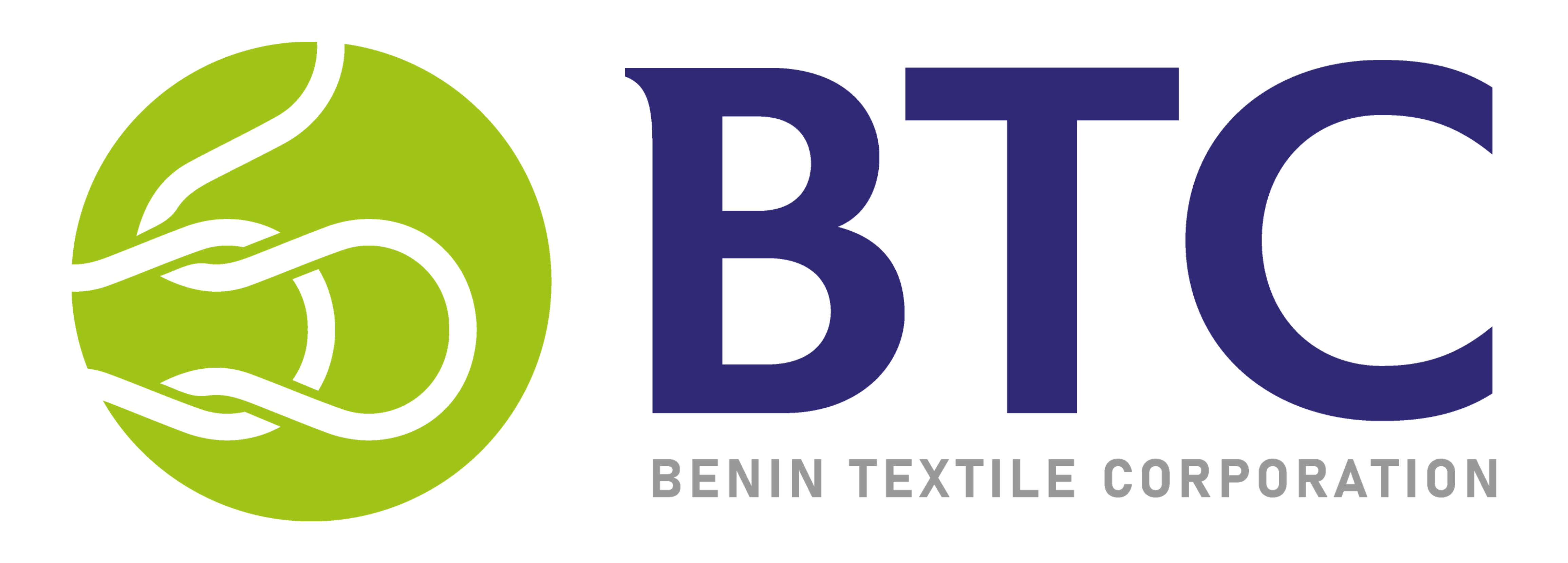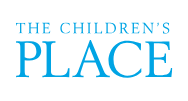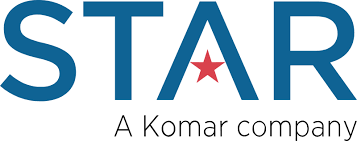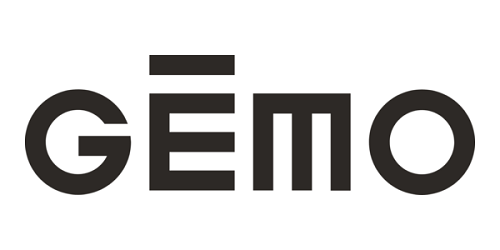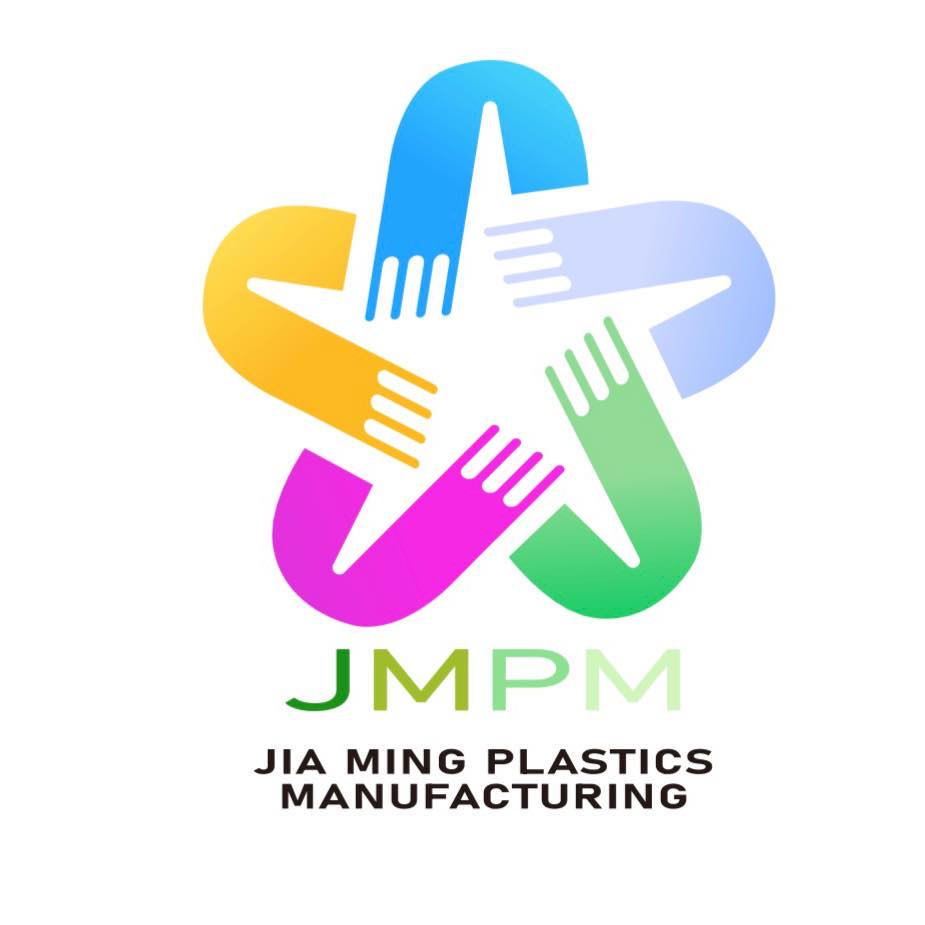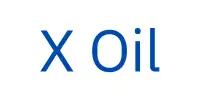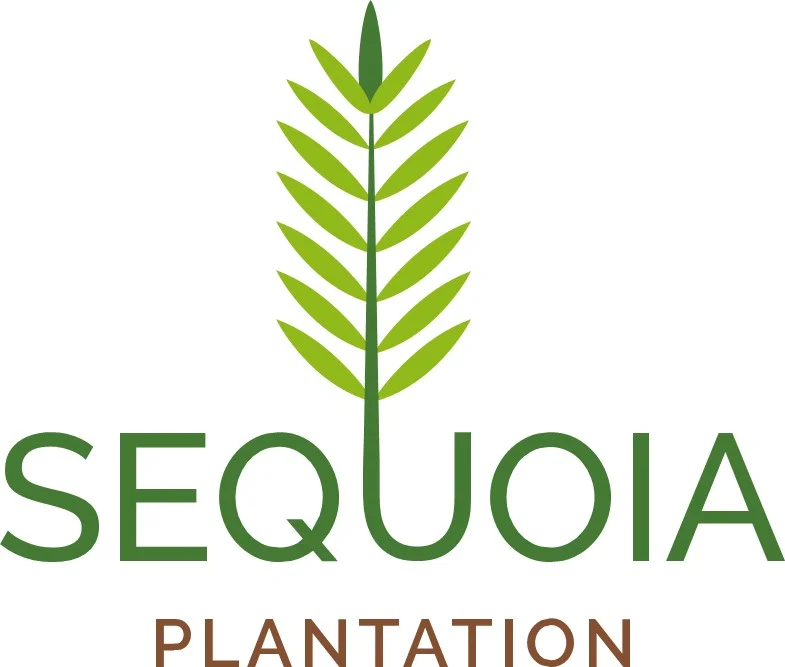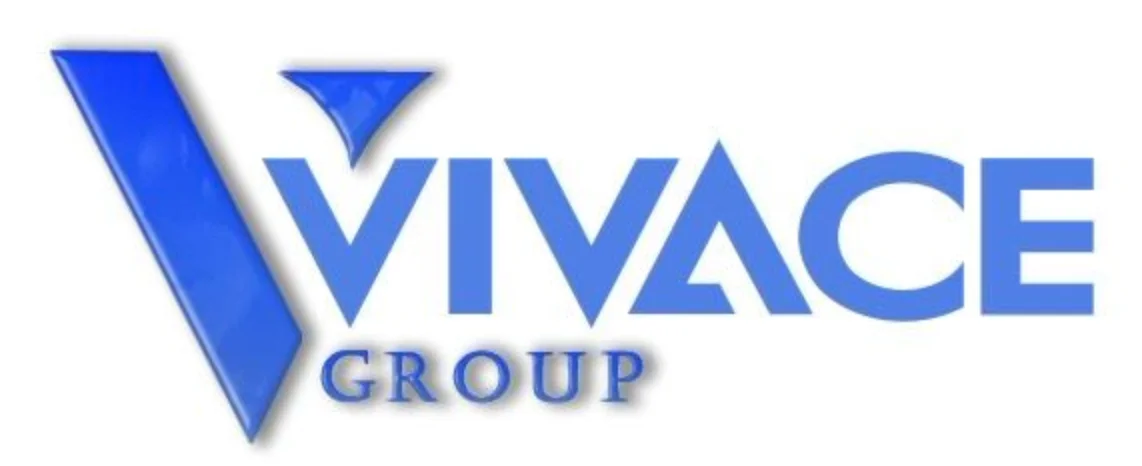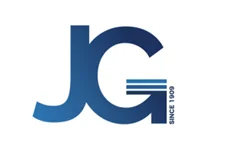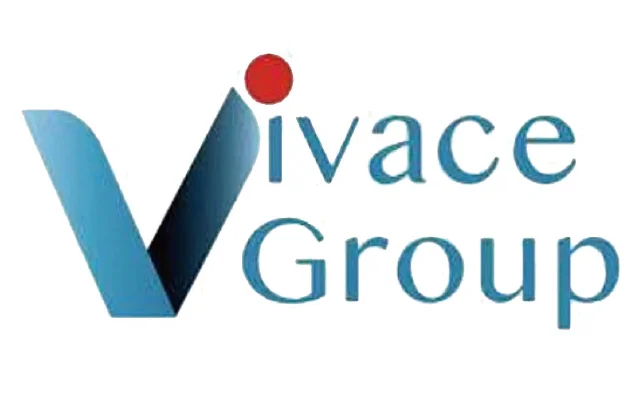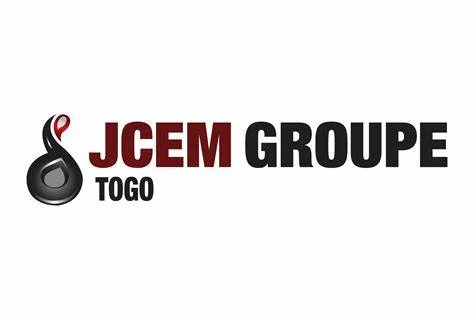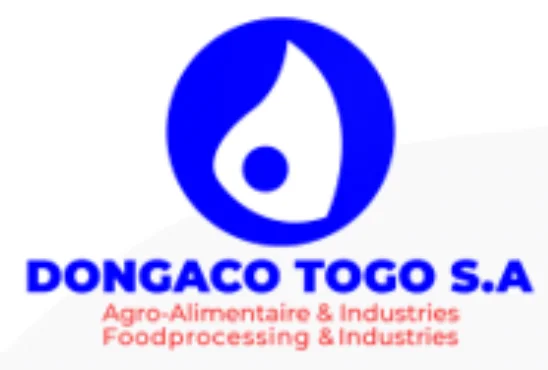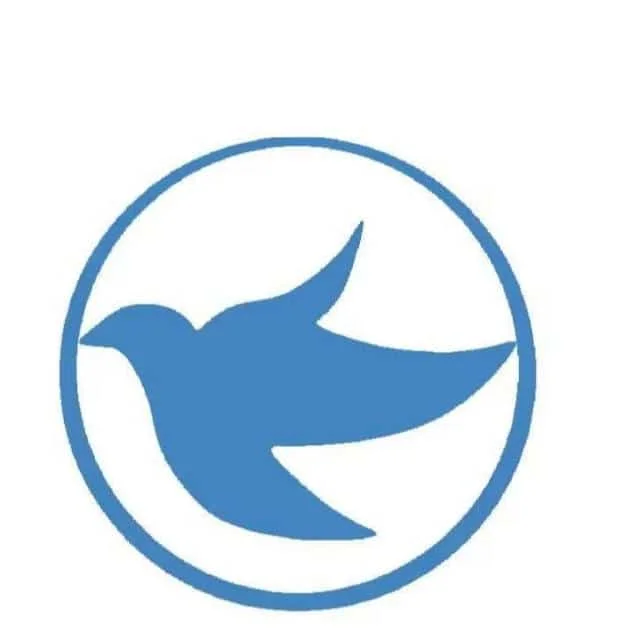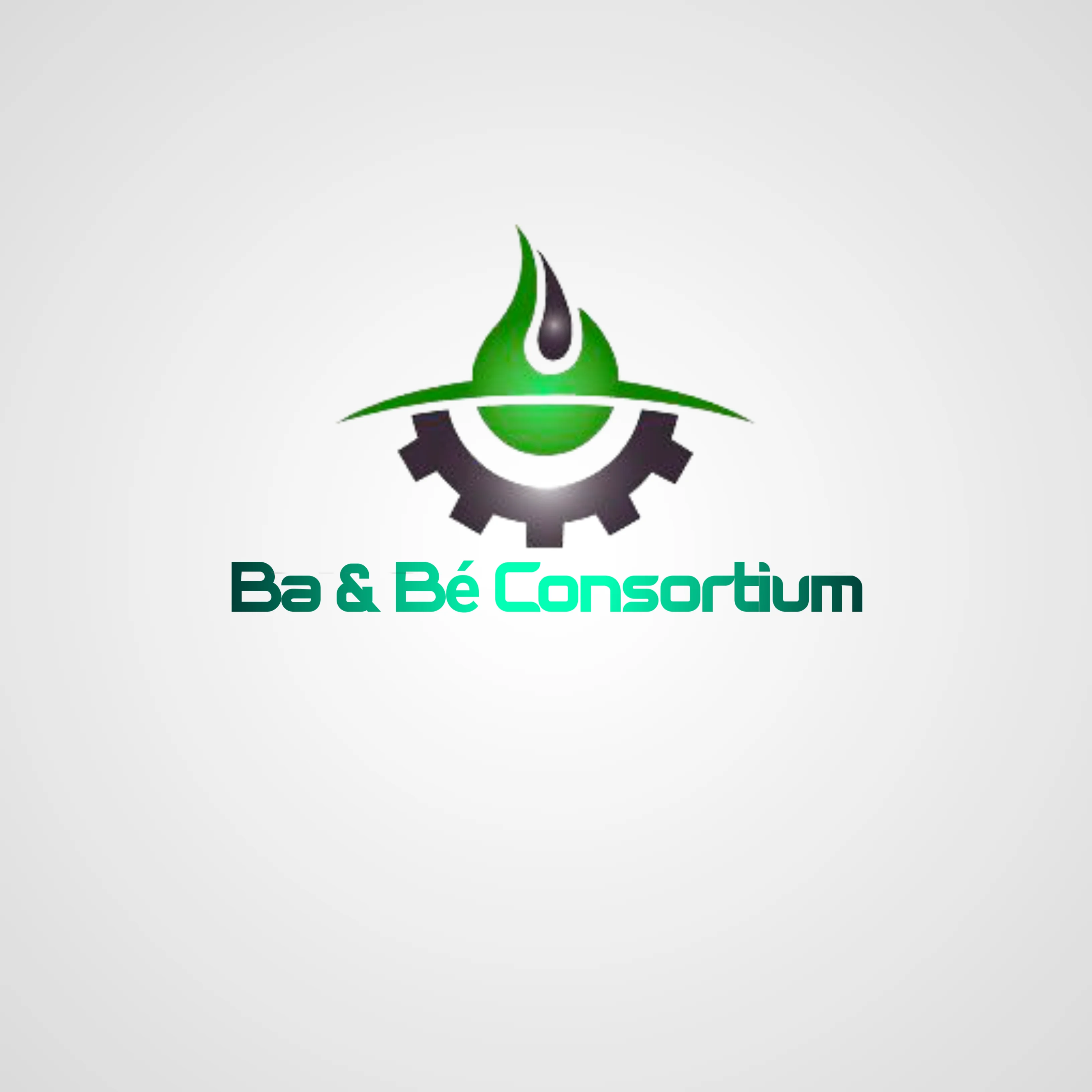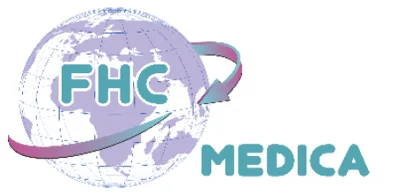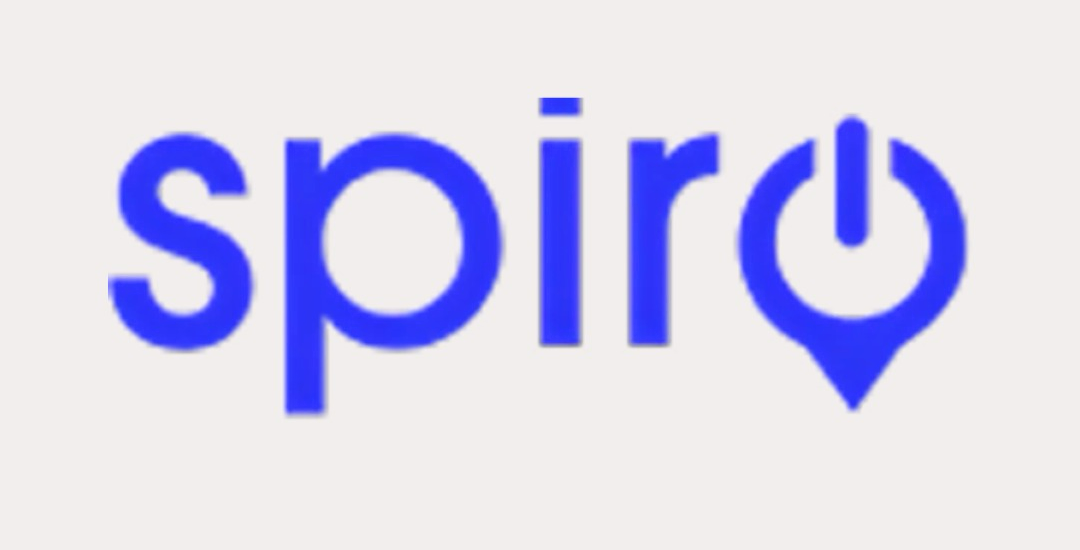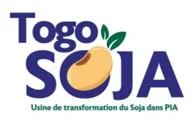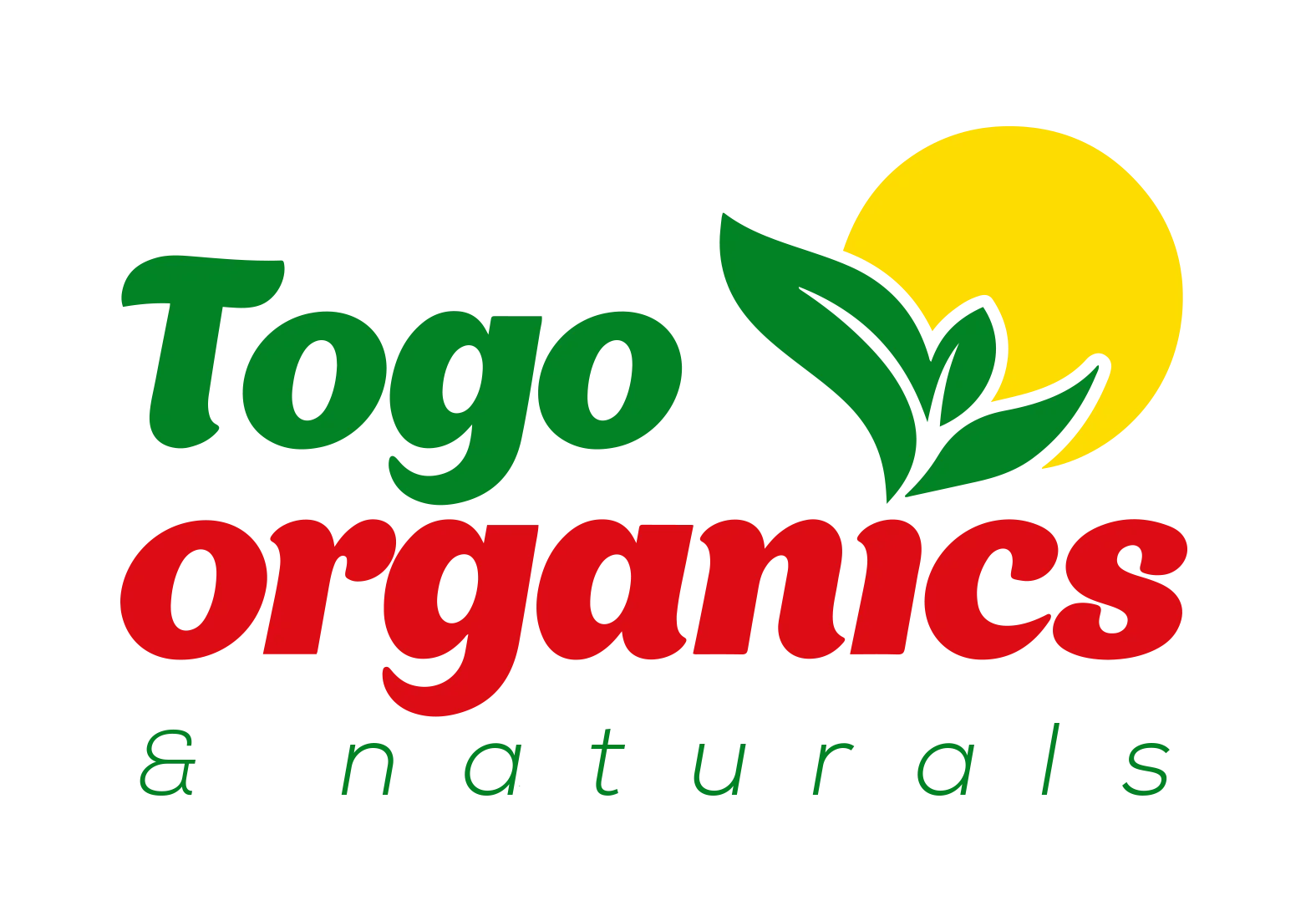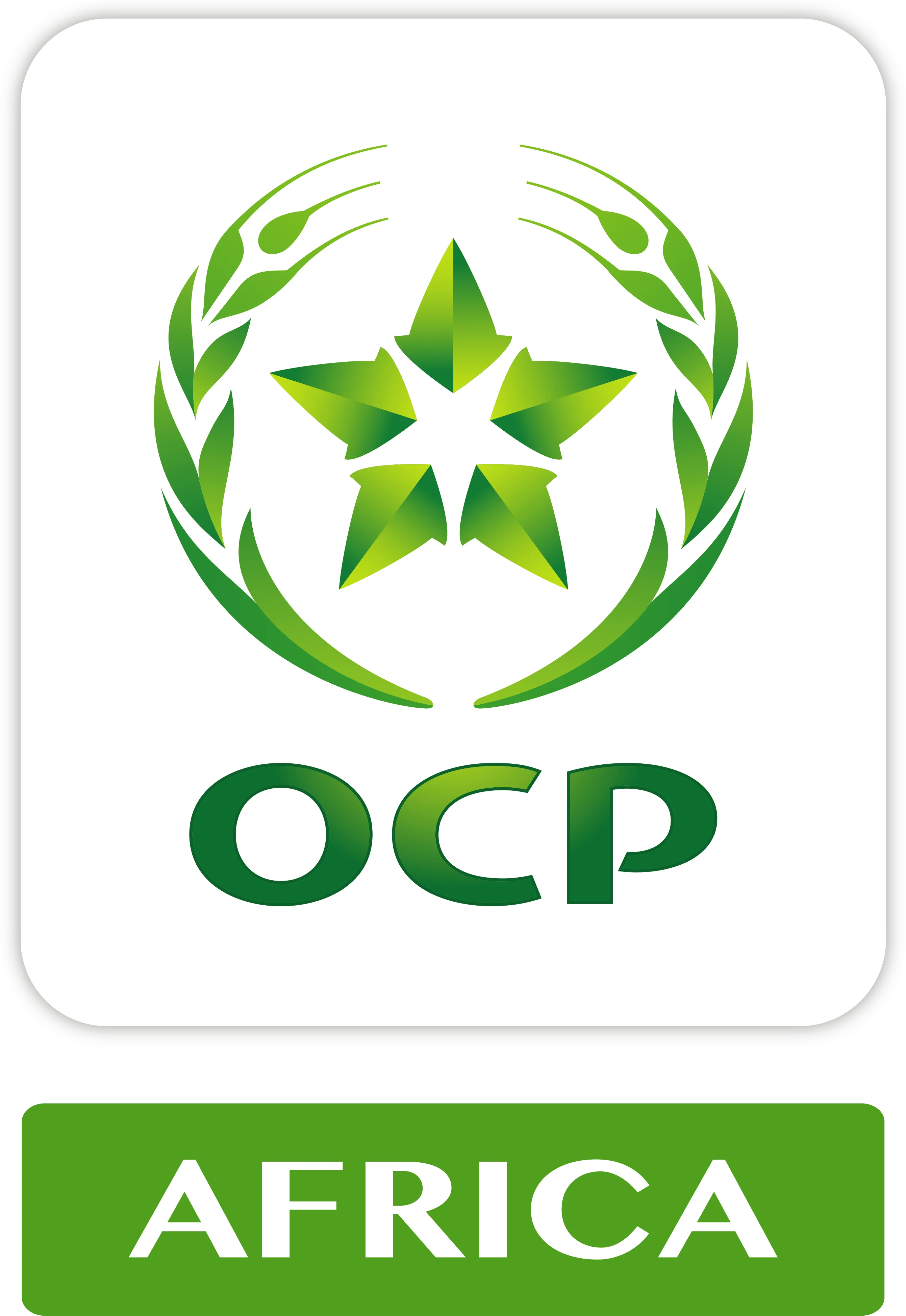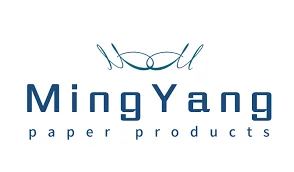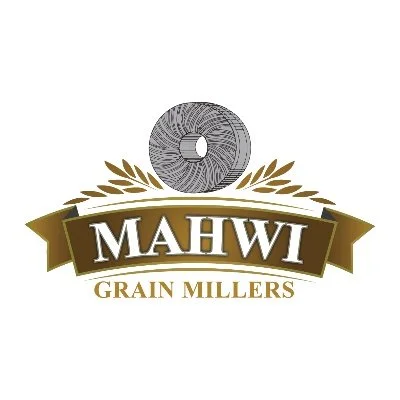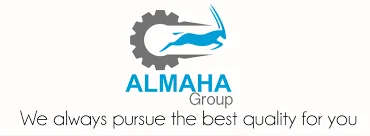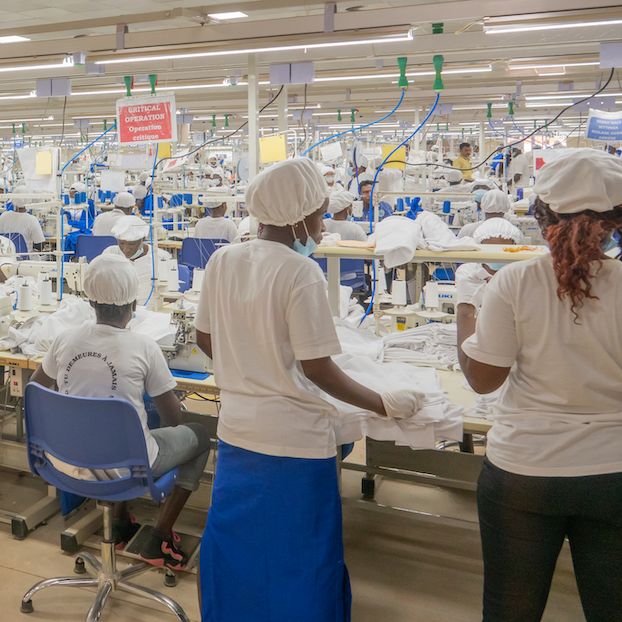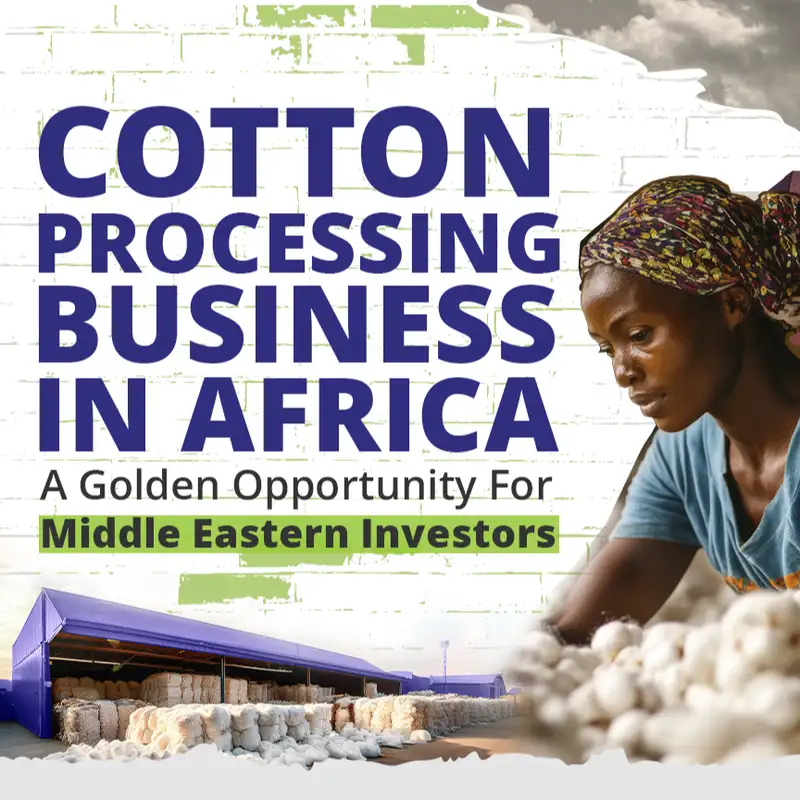Why should I invest in the cotton business in Nigeria?
Nigeria offers abundant raw materials, government incentives, and a growing market for cotton and textile products. The country’s strategic location within Africa, access to international markets, and efforts to revive the textile industry make it an attractive destination for cotton business investments.
What is the Industrial Platform Remo-Free Zone (IPRFZ), and why is it suitable for setting up a cotton business?
The IPRFZ is a special economic zone developed by Arise Integrated Industrial Platforms (Arise IIP) in Ogun State, Nigeria. It offers advanced infrastructure, tax incentives, and strategic location advantages, making it an ideal hub for cotton processing, textile manufacturing, and related businesses.
What is the market potential for cotton products in Nigeria?
Nigeria has a large domestic market with growing demand for textiles, apparel, and other cotton-based products. Additionally, the revival of the textile industry presents significant opportunities for cotton processing and manufacturing. There is also strong export potential, especially to neighboring West African countries and international markets.
How developed is the infrastructure for cotton processing in Nigeria?
Nigeria has a developing infrastructure for cotton processing, with around 52 ginneries currently operational. However, there is a significant opportunity for investment in modernizing and expanding processing facilities to meet domestic demand and enhance export capacity.
What is the profit potential in the cotton value chain in Nigeria?
Profit margins vary across the cotton value chain, with higher margins typically found in processing and textile manufacturing. Investors can benefit from value addition by moving beyond raw cotton production to ginning, spinning, and textile production.
What are the opportunities for export in the Nigerian cotton sector?
Nigeria has significant export opportunities, especially for cotton lint, yarn, and textiles. The country’s strategic location and participation in trade agreements like the African Continental Free Trade Area (AfCFTA) provide access to a broader African market and beyond.
What incentives are available for investors setting up in the IPRFZ?
Investors in the IPRFZ benefit from several incentives, including tax holidays, duty-free importation of equipment and raw materials, simplified customs procedures, and unrestricted profit repatriation. The zone also offers a one-stop service for regulatory approvals, reducing bureaucratic delays.
How does the IPRFZ support the cotton value chain?
The IPRFZ is strategically located near major cotton-producing regions, ensuring easy access to raw materials. It also offers state-of-the-art facilities for processing, warehousing, and logistics, enabling seamless integration across the cotton value chain, from ginning to textile production and export.
What is the process for setting up a cotton business in the IPRFZ?
Setting up a business in the IPRFZ involves several steps, including registration with the Nigerian Export Processing Zones Authority (NEPZA), securing land or factory space, obtaining necessary permits, and complying with local and international standards. Arise IIP provides a SINGLE WINDOW CLEARANCE support to help investors throughout this process, ensuring a smooth setup.
What are the potential cost advantages of operating in the IPRFZ?
Operating in the IPRFZ can reduce costs due to tax exemptions, import duties benefits and access to affordable, consistent utilities. The zone’s infrastructure also minimizes transportation and logistics costs, enhancing overall business efficiency and profitability.
